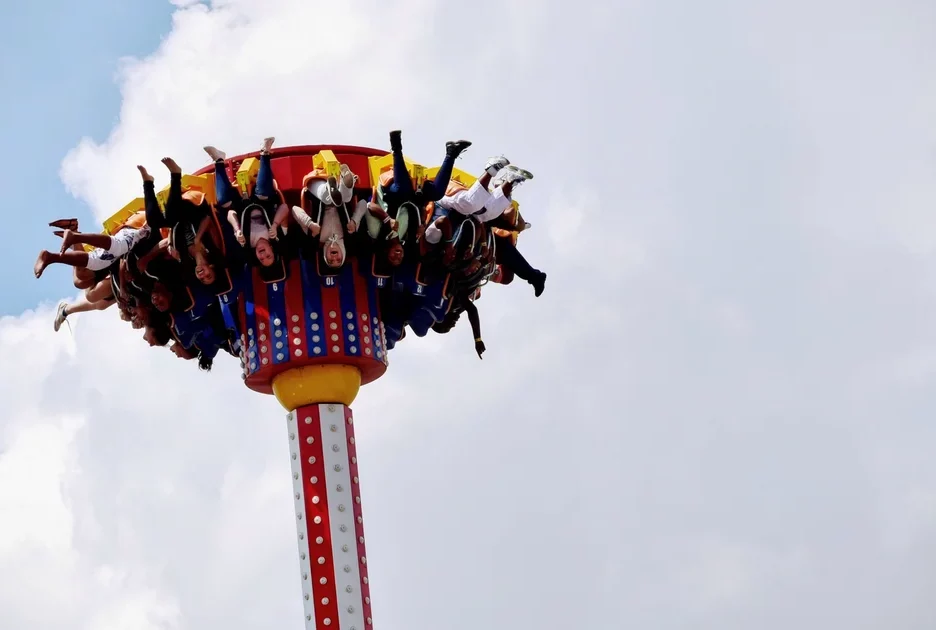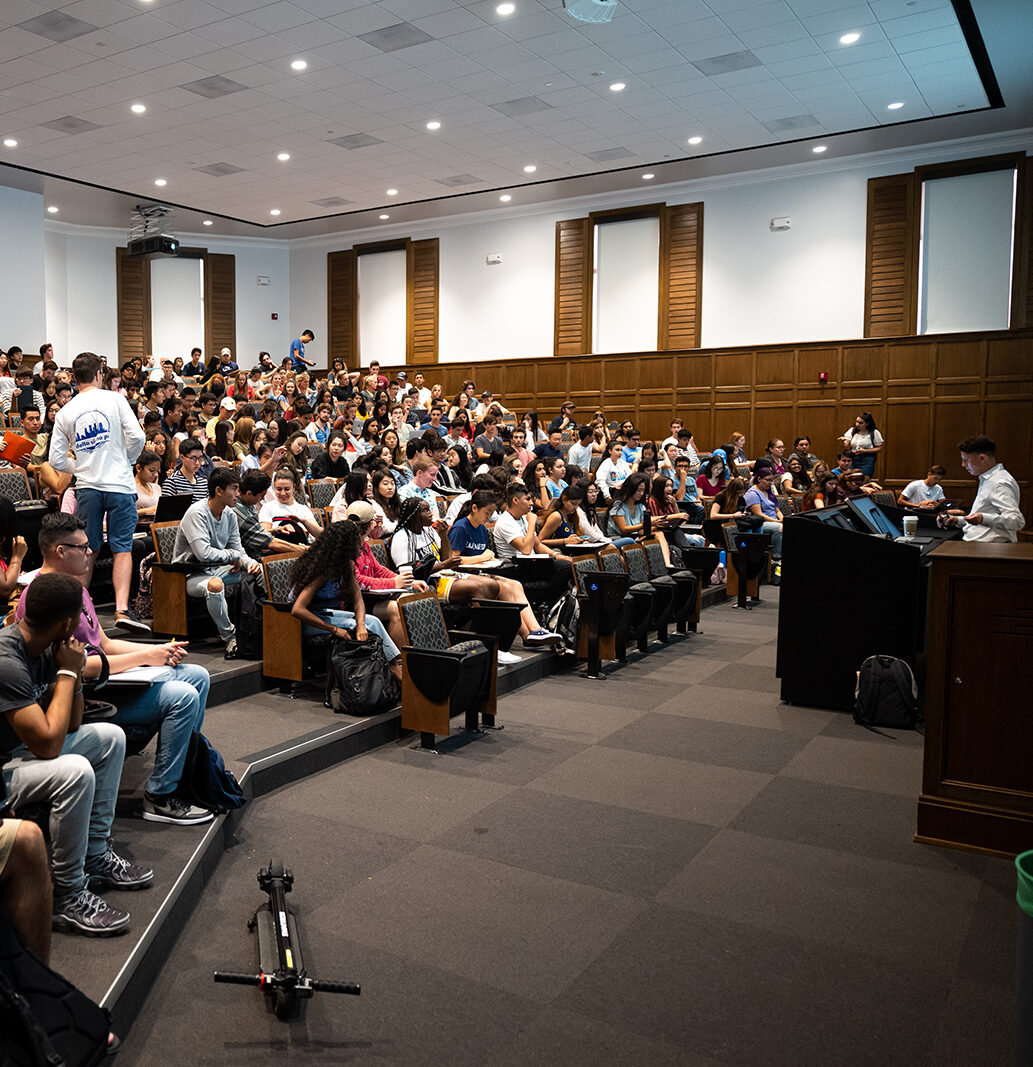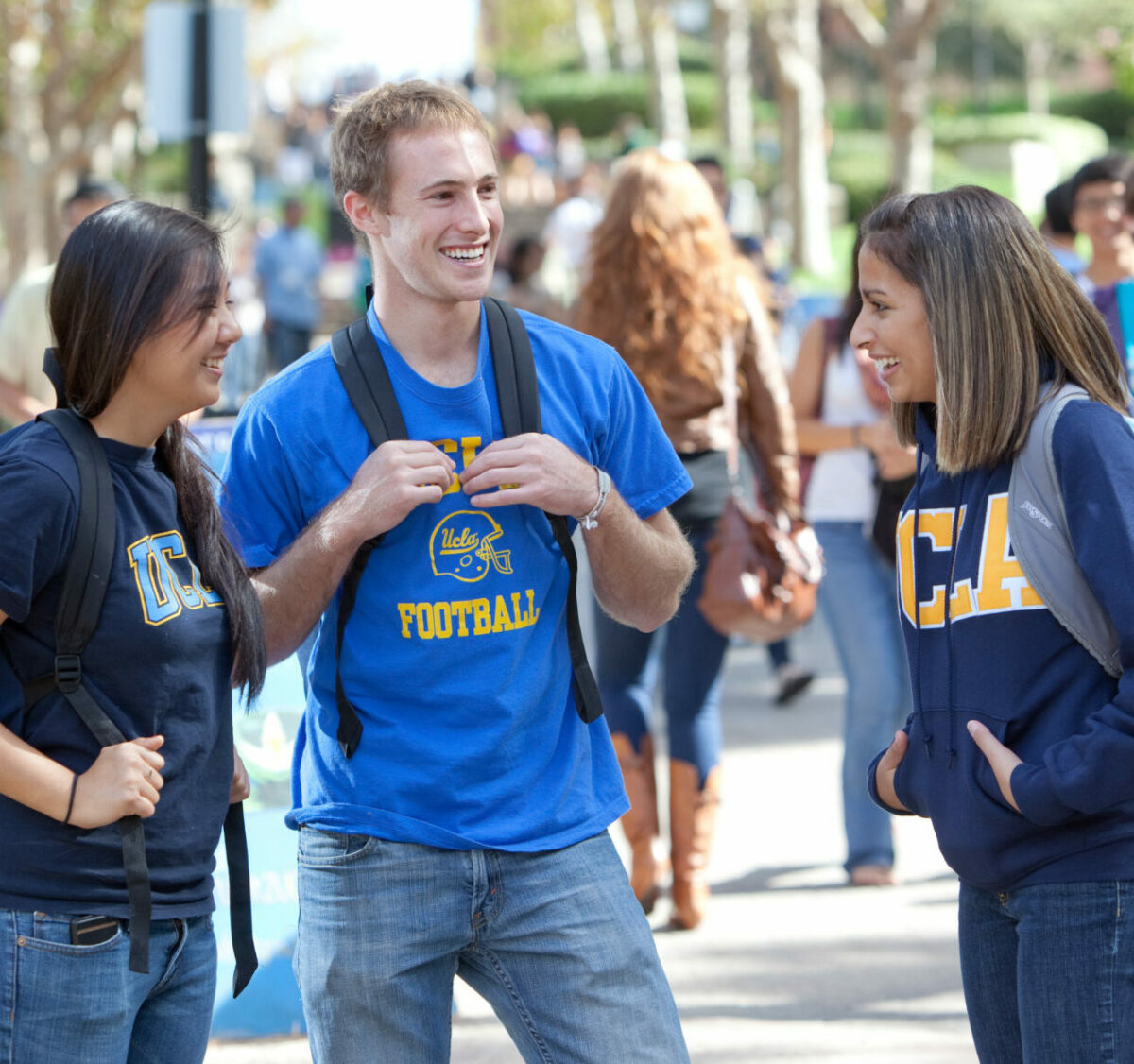Media Parks:
The Cinematic & Televisual History of Theme Parks
Explore theme park history, and the evolution of the relationship between moving image media and theme parks


Program Overview
In this three-week intensive program, students will explore theme park history, and the evolution of the relationship between moving image media (film, television, and video games) and theme parks. The course will examine the contexts and shared histories of theme parks and screen media, explore theoretical, industrial, and cultural issues surrounding them, and investigate how these cultural phenomena are shaping one another in today’s media landscape. The program will include lectures, screenings, discussions and guided site visits to Disneyland, Disneyland California Adventure, Knott’s Berry Farm, and Universal Studios Hollywood. In class, students will study case studies of theme park rides and theme park “lands” by researching and analyzing scholarly texts, reference films, television shows, and video games. Each guided site visit will also include an on-site behind-the-scenes lecture.
Through these topics, students will be introduced to the fundamental skills of college-level academic writing, practice reading comprehension on college-level academic sources, and be challenged to practice critical thinking and observation skills through several reading and writing assignments.
I really enjoyed the course as whole. Everything put together made it an unforgettable experience. The professor, peers, TA’s, food were amazing.
This course was the highlight of my summer.

Curriculum
This program carries 3 quarter units of UC credit. Students in this track are enrolled in the following class:
- FTV 18: Media Parks – The Cinematic and Televisual History of Theme Parks (3 Units)
Guided Site Visits
During the course, students will embark on five curated visits to Southern California theme parks: Disneyland, Disney California Adventure, Knott’s Berry Farm, Universal Studios Hollywood and Warner Brothers Studios. Visits will be structured around instructor-guided experiences as well as required visits to select attractions and park “lands.” The required attractions/lands and will be the springboard for writing assignments and require students to connect their observations, critical media analysis, and argumentation skills to lecture concepts, assigned readings, and screenings. Students will choose specific attractions or lands as case studies for two short papers and one final paper. These site visits allow students to have a firsthand educational experience and learn directly from the interactive aspect of theme parks. By studying the historical, cultural, industrial, and theoretical issues surrounding these spaces and attractions in-depth before encountering them, students will be well-prepared to approach these experiences from a critical and analytical perspective. Ultimately, this hands-on investigation provides students with a sense of how these interactive spaces and rides work together to create unique media experiences. While these excursions will no doubt be fun, they are first and foremost active learning experiences and sites of analysis.
Grading Basis
Students will receive a letter grade upon completion. See University Credit, Grades and Transcripts for more information about academic credit.
Program Details
In this intensive program, students will explore theme park history, and the evolution of the relationship between moving image media (film, television, and video games) and theme parks. Three Weeks.
On-Campus (Mandatory Housing)
Due to the intense nature of the Film and Television Summer Institute – Media Parks: The Cinematic and Televisual History of Theme Parks and the time commitment involved, living in on-campus housing is mandatory.
For more information on UCLA housing precollege programs, please see the Housing for Minors page.
Many of our precollege programs with mandatory housing (only) also feature non-curricular evening and weekend activities, the availability of which is at the sole discretion of the academic department offering the program, and are not operated by UCLA Summer Sessions. To learn more about whether (and when) your selected program will host such activities, please consult the schedules for each program or contact the department in question directly: summer2@tft.ucla.edu
Schedule
June 25, 2023 – July 15, 2023
Students are engaged in activities and classes along with breaks throughout the day from 9:30 a.m.-9:30 p.m. There will be evening classes / workshops that occur where students will be required to be present.
Grades and Transcripts
Program participants will earn units of credit on a letter-grading basis and will be recorded on an official University of California transcript. Please note that official transcripts are not automatically sent to students. To request a transcript, please contact the UCLA Registrar’s Office.
Requirements
Eligible applicants who submit all requirements successfully and timely, will be reviewed and notified via email of an admission decision within 3 weeks. Early application is strongly encouraged.
Applicants are required to provide the following during the online registration process:
Essay responses to the following questions:
Why would you like to participate in the program, and what do you expect to gain from the experience? (100 – 150 words)
Describe an example of your collaboration experience in which you have positively influenced others, helped resolve disputes or contributed to group efforts over time. (250 – 300 words)
As a program that carries UC college credit, students are expected to exhibit maturity inside and outside the classroom and abide by the UCLA Student Conduct Code. Bullying, academic dishonesty, and disorderly behavior, among other violations, will not be tolerated. If you were to witness bullying or disrespectful behavior among your classmates, how would you respond? (150 – 200 words)
Is it better to be perfect and late, or good and on time? (100 words or less)
This is a disciplined and rigorous program. Describe a time you took on an academic challenge. What were some of the obstacles you encountered and how did you overcome them? (250 – 300 words)
An unofficial transcript from grade 9 to present reflecting a cumulative GPA of 3.5 or higher.
Program Eligibility
- 10th-12th grade in Spring 2023
Financial Aid and Scholarships
UCLA Summer Sessions Summer Scholars Support
Qualified students attending grades 8th – 11th in Spring 2023 in the state of California may be eligible for Summer Scholars Support, a need- and merit-based scholarship offered by the UCLA Summer Sessions Office. A limited number of full and partial scholarships are available to support enrollment in SCIP/eSCIP, one Summer Course, or a Precollege Summer Institute. Summer 2023 deadline to apply: March 15.
Important Dates and Deadlines
June 1, 2023
Application deadline
June 15, 2023
Enrollment Deadline
Sessions
June 25 – July 15, 2023